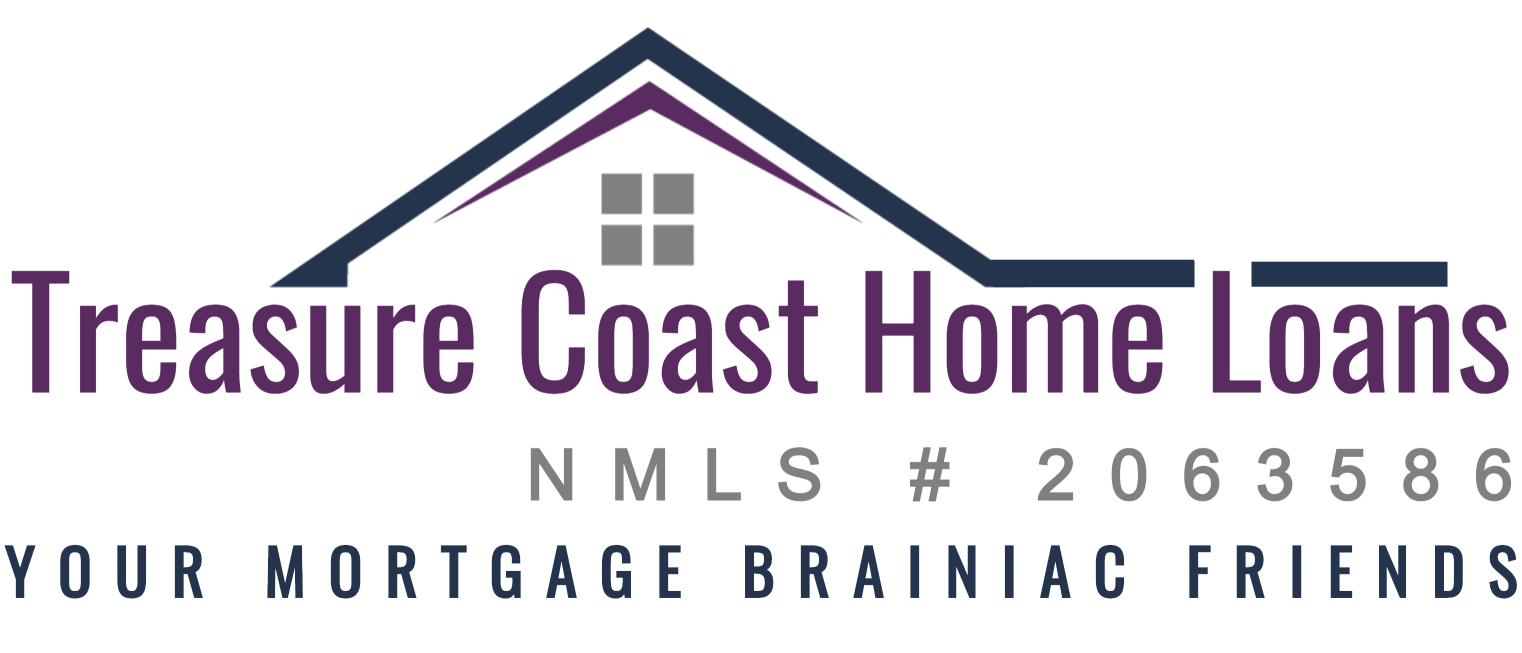FHA Home Loans | FAQs and How It Works
Your credit is far from perfect. You have some money saved, but not a lot. Your rent is high, and you know that money could be going towards something. However, you assume you aren't ready for a house just yet.
The reality is... you might be the perfect candidate for government-backed FHA loans. Below is an overview of how FHA loans work and 6 FHA loan benefits.
How FHA Loans Work
FHA loans are designed for low-to-moderate income borrowers who may not have a large sum of money for a down payment and/or less than perfect credit. These loans are issued by FHA-approved private lenders and are insured by The Federal Housing Administration (FHA).
You qualify for FHA loans by completing a mortgage application. After you submit your application, a private lender reviews your application and approves the loan.
The FHA guarantees the loan, so the lender bears less risk. This allows lenders to offer competitive rates and down payments as low as 3.5% even if your credit is as low as 580. You can qualify for an FHA loan with credit scores between 500 and 579. Although the down payment has to cover 10% of the sale price.
Lower Credit Score Requirements
The Federal Housing Administration advertises minimum credit scores of 500 to qualify for an FHA Loan with limited loan to value restrictions and minimum credits scores of 580 for maximum financing eligibility, see eligibility requirements. However, lenders are still responsible for assessing applications and may require higher standards.
Experienced mortgage brokers can help in these situations. We can shop various lenders and know the requirements for different banks and other lenders. Start your application today and we will help you find the best loan.
Lower Mortgage Rates
FHA mortgages reduces a lender's risk. Because the risk is reduced, your loan becomes more competitive and lenders are willing to offer you a lower rate. This tends to be true for borrowers with relatively low credit scores and less money to put down. Borrowers with high credit scores and larger down payment amounts may want to consider a conventional loan. The loan type that is best for you really depends on your personal circumstances. Contact us and we will ask you a few questions and help you determine the best loan type for you.
Higher Debt To Income Ratios
The
FHA allows you to use 31% of your income towards housing costs and 43% towards housing expenses and other long-term debt. Compared to a conventional loan, most borrowers are allowed 28% of income towards housing costs and 36% towards housing expenses and other long-term debt. The higher debt to income ratios make it easier for borrowers to qualify for a mortgage.
Sellers Can Cover Closing Costs
With an FHA loan, the seller can contribute as much as 6% of the purchase price. This money can be used towards closing costs, prepaid property taxes and insurance, discount points, and other out-of-pocket costs of acquiring the property.
While sellers can assist buyers, exact amounts are negotiated during the buying processes. Sellers are not required to offer any assistance when accepting your offer.
Lower Down Payments
FHA loans require lower down payment. These payments can be as low as 3.5% of the purchase price of the property depending on your credit score. Some FHA loans require a 10% down payment. This is still typically less than what may be required from a conventional loan. There are also down payment assistance programs that can further reduce your down payment. To find out more about FHA loans and Down Payment Assistance programs, contact us today!
FHA Loans Are Assumable
According to HUD, All FHA-insured mortgages are assumable. Mortgages originated beforeDecember 1, 1986 generally contained no restrictions on assumability, while those originated after that date have certain restrictions.
Depending on the date of the loan origination, the lender may require a creditworthiness review of the assumptor. To determine what restrictions have been placed on the mortgage, the lender must review the mortgage’s legal documents.
Lenders should note that some mortgages executed from 1986 through 1989 contain language that is not enforced, due to later Congressional action. Mortgages from that period are now freely assumable, despite any restrictions stated in the mortgage.
How To Qualify For A FHA Loan
In general, you can qualify for a FHA loan if you have low to moderate income and have a credit score above 580. Programs are available for credit scores between 500 and 579; however, there are additional restrictions.
Text or call us at 772-444-6362 to see if you qualify for a FHA loan. Or start your application with Treasure Coast Home Loans. We will help you complete the application, find a lender, and qualify for a mortgage!








